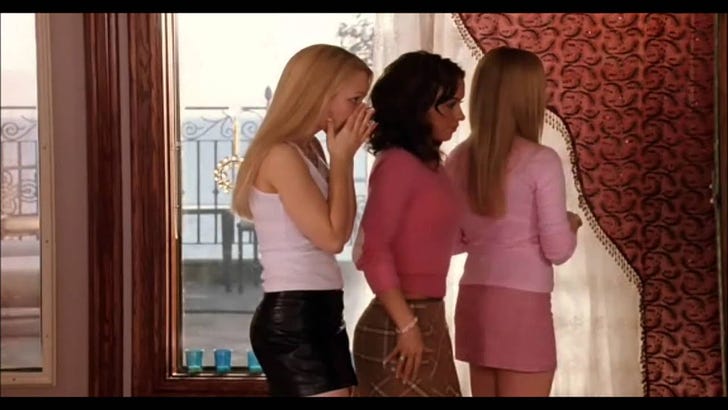For or Against: Talking about your insecurities
Admitting to self-doubt means giving power to the person you're talking to.
I suppose that well-adjusted people probably exist in this world. But most people I talk to seem to be either riddled with self-doubt (my friends) or supremely overconfident (my secret nemeses).
I fall into the former category, but am hesitant to admit it. Talking about my insecurities makes me feel like a lettuce leaf that’s fallen off the picnic table on a hot summer day: exposed, wilting, about to be trampled. Admitting to self-doubt means giving power to the person that I’m talking to. By virtue of my confession, I’ve transformed them into the Arbiter of Truth. If they comfort me, they’re just feeling sorry for me, aren’t they? Perhaps they think I was fishing for compliments. Worse, what if I tell someone my worst fears about myself, and it turns out they agree? Silence, of course, is open to any number of interpretations, all of them maddening.
And yet it is difficult to avoid talking about my insecurities, because it’s—stereotypically but in my experience, truthfully—a frequent source of bonding among women. No one wants to feel alone in their totally unjustified hatred of their bodies or their fear that they’ll never find love or that their career is flatlining or that all their friends are mad at them. It can feel like a major relief to find out that everyone else is carrying out dark scribbles of foreboding around inside, too.
I understand why it happens. What bothers me is the social pressure to participate in a round of here’s-how-I-hate-myself. Discussing this topic recently, my friend reminded me of the scene in Mean Girls in which the three popular Plastics stand in front of a mirror, communing in their shared self-loathing over their hips and calves and pores and hairlines. Then they turn expectantly to Lindsey Lohan, who’s not yet accustomed to the ritual of looking at her reflection and finding only flaws. “I have really bad breath in the morning?” she says with a shrug. The Plastics are grossed out: She’s doing femininity wrong.
I know that talking about my own insecurities tends to make me feel worse afterward, and yet it often seems rude to refuse the opportunity. A friend shares her struggles with imposter syndrome at work, then asks me if I’ve ever felt that way: It would be a lie to say I haven’t, but to answer in the way that I think will be most helpful to her requires deemphasizing the professional confidence I’ve built up over the years, focusing instead on the worries I’ve done my best to quiet.
Discussions of our insecurities can even be foisted upon us without our consent. I remember once, in my early 20s, a friend told me, unprompted, that she thought guys hadn’t appreciated me enough in college. “That kind of hurts my feelings,” I said. “What, would you rather hear a lie that tons of guys liked you?” she said. In truth I would have preferred to skip the subject entirely, but this is the kind of scenario that makes me wish that I projected the glorious self-satisfaction of Phoebe Waller-Bridge lounging with a cigarette at the Emmys. (But then I’m no Phoebe Waller-Bridge, what would give me the right, a small voice whispers.)
Recently I saw a post on the mental-health Instagram account “Emotional Support Lady” that made me think about whether an alternative way of being might be possible. “I try not to talk about my insecurities out loud, not to falsely appear more confident but in an effort not to give them more power through vocalization,” writer Allison Raskin explained. “It took me a long time to realize that when I would constantly talk about the parts of myself I didn’t like, I would end up spending much more time and energy feeling insecure.”
Some people may feel relief when they stop bottling up their insecurities, but like Raskin, I find that it’s better to treat insecurities as passing thoughts rather than attempting to articulate them, thereby crystallizing them into existence. And yet even as I make this claim I know that I’ve exposed myself already in writing this, opening my mouth to tug out a silk scarf and finding, much to my surprise, that the more I pull, the longer the chain gets. And maybe this is the real reason I’m against talking about my insecurities. Once I start listing all the ways I fear I’m wrong in this world, how can I know, what assurance do I have that I will ever be able to stop?


